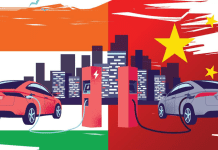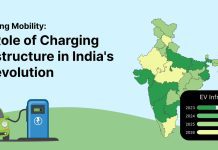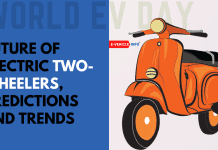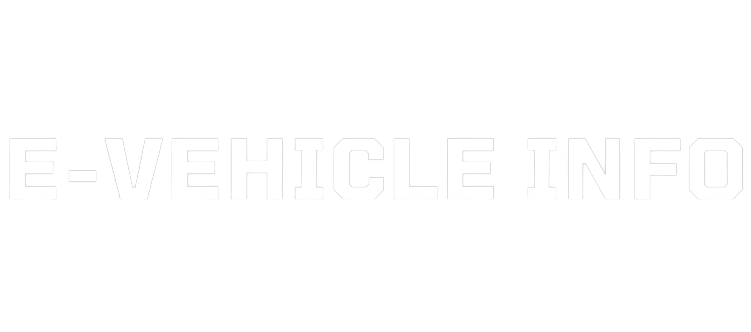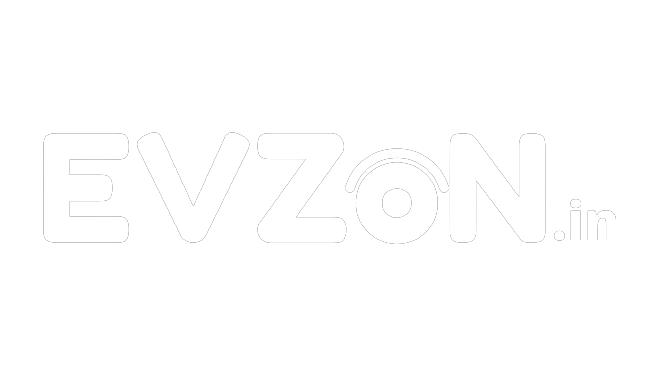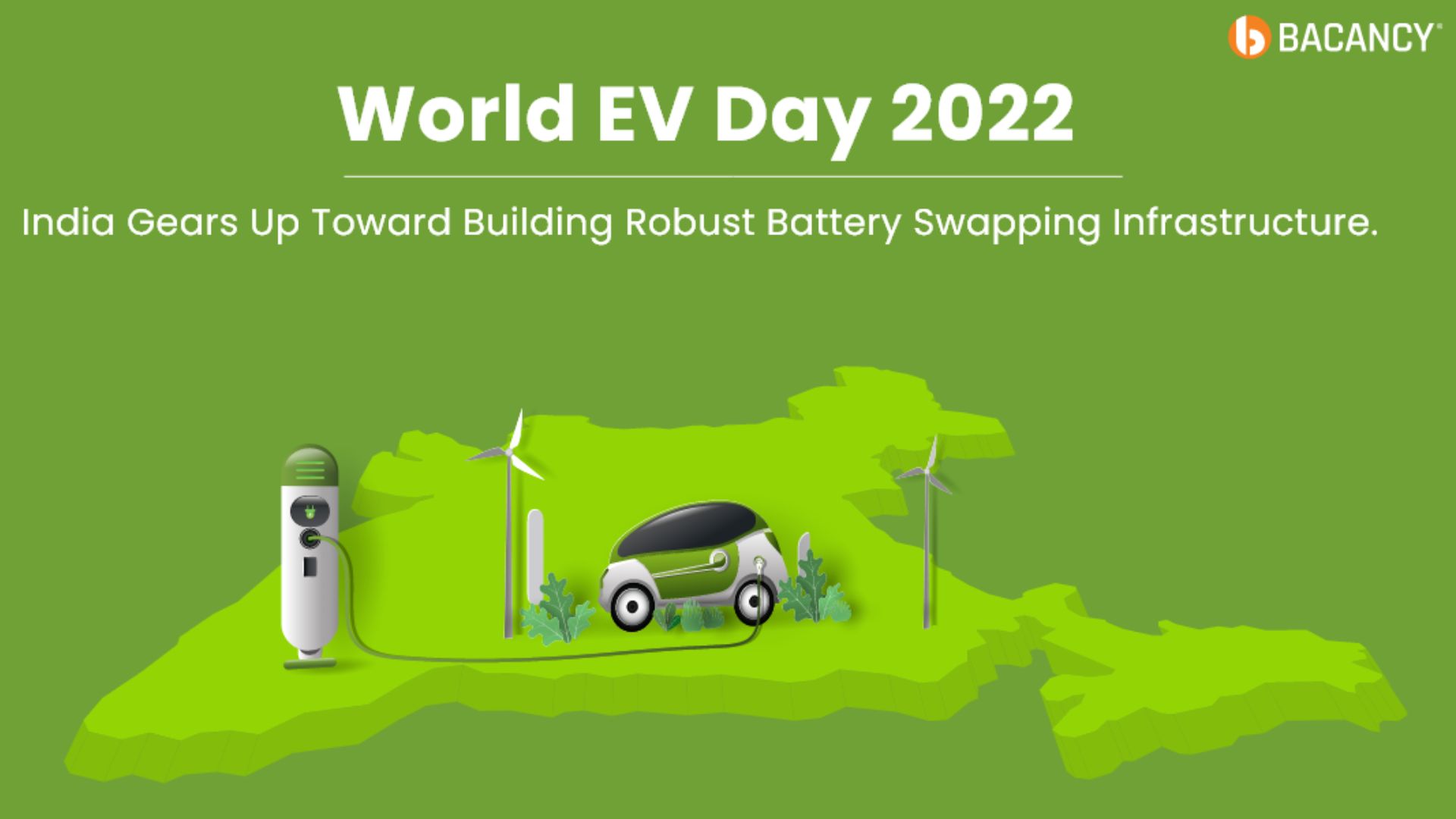
“Transportation is transforming, and we need to get ready” – James Campbell
The theme for world EV day this year is to embrace sustainable e-mobility solutions, aimed at ramping EV adoption in India. These mobility solutions are either being worked on or are available as a go-to-market strategy to penetrate into the current auto-market segment.
Globally, the automotive industry is witnessing a transformation in terms of harnessing renewable energy sources. The ultimate goal is to cut down carbon emissions and drive clean mobility with the vision of attaining climate neutrality by 2050.
Looking at the India scenario, the number of EV units sold in the past 3 years shows quite a significant uplift in the adoption of the same. According to the Ministry of State for Heavy Industries, 2020 reported a sale of 1.19 lakh EVs that rose to 3.11 lakh as of 2021 and 4.19 lakh as of 2022. India envisions achieving electrification in 70% of total commercial cars, 40% of buses, 30% of private cars, and 80% in 2&3 wheelers by 2030.
At a global level, it is estimated that by 2030 30% of the fresh vehicles sold can be electric, a study by the climate and energy think tank suggests.
Table of Contents
Current challenges in EV adoption
The vision to boost EV adoption in India looks promising, however, there are certain causes of concern for the EV owners in the current charging infrastructure setup. The lack of charging infrastructure in most regions combined with the range anxiety alarms the potential buyers who have adequate finances and are environmentally conscious to be wary of their decision.
Battery swapping explained
This year’s budget (announced in April) introduced the policy for battery swapping to foster India’s EV ecosystem, adapting interoperability standards. Swapping is a way of exchanging empty batteries with charged ones. This solution anchored to the regulatory framework will pave the way to reduce carbon emissions, uplifting the electric footprint in India.
The execution of the swapping system is increasing quite noticeably with each passing day as visible sites in the small retail outlets and local provision stores. Moreover, the interoperability standard is gaining more traction for new station installations along the highways that are predominantly emission-heavy.
Examples of implementation
Some of the tech-driven startups in India have already started hitting the ground running. Sheru is one such platform that enables E-rickshaws owners to facilitate battery swapping at retail stores or pay based on utilization. Another interesting example is a partnership-driven initiative by Sun mobility with Amazon India to place the battery swapping stations at the latters’ warehouses in the state of Maharashtra.
Way Forward
Currently, the Indian EV market majorly comprises 2&3 wheelers allowing ease in charging and quick battery swapping that are compact and lightweight. This interoperability standard not only increases energy efficiency but also drastically cuts down the commute cost for consumers.
Moreover, conventional scooters and rickshaws constitute a significant share of the overall emissions in India. Henceforth, the robust battery swapping infrastructure becomes a sustainable and scalable model for the subsequent emerging markets and initiatives set across the world to combat the clean energy adoption and climate change vision in the coming years.
Bacancy is India’s no.1 Electric vehicle components manufacturer. We have a wide range of products: DC fast charger and controller(CCS2), Motor controller for EV, AC charge controller, and BMS. Based on your unique business requirements we can accommodate the changes and customize your product accordingly.
Bacancy’s vision to boost EV adoption in India looks promising. To drive the last-mile delivery ecosystem change with sustainable mobility, we are on a mission to electrify the Indian EV moment. We extend our wishes to everyone who has worked relentlessly to make the EV Industry what it is today! On this #WorldEVDay, let’s pledge to #switchtoelectric and make this planet a better place.

